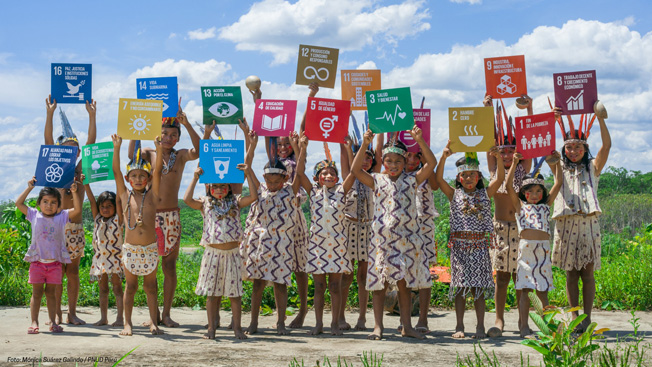UN Climate Change Executive Secretary, Patricia Espinosa, has said that multilateralism remains “the world’s vehicle for addressing climate change.”
Espinosa made this known at the Energy and Resources Institute (TERI)’s World Sustainable Development Summit, where she called for continued global action to reach for the highest possible goals, this year and at COP 27, to fulfil the promises of the Paris Agreement.
Referring to the final package agreed at the UN Climate Change Conference, COP26 in Glasgow, the UN Climate Chief highlighted the significance of approximately 200 nations coming together and achieving consensus.
While noting that the successful outcomes at COP 26 remain the most significant progress since the Paris Agreement was adopted, she cautioned that multilateralism is currently being outpaced by climate change and called on countries to turn that around.
Read also: UN: Over 1.5 million livestock killed by drought in Africa
“This was “a victory for multilateralism, whose ripple effects positively impact not only climate change but other global issues´
To meet these goals, the UN Climate Chief stressed the need for multilateralism to continue to evolve. She said that in this regard, UN Climate Change has embraced “inclusive multilateralism,” – going beyond its traditional definition and bringing more groups to the table, including non-party stakeholders such as youth, women, Indigenous Groups and many others.
She maintained that this is essential to address the further work that remains to be done on emission reductions, adaptation to climate change, loss and damage, and on finance, to meet the goal of providing U$100 billion annually in support to developing countries.
Espinosa also called for much stronger national climate action plans (NDCs) and long-term climate strategies by all nations, especially G20 nations. She also called on businesses to transform and become more sustainable and urged people to re-examine how they consume and to make choices resulting in a more resilient planet.
Story was adapted from UNFCCC.
